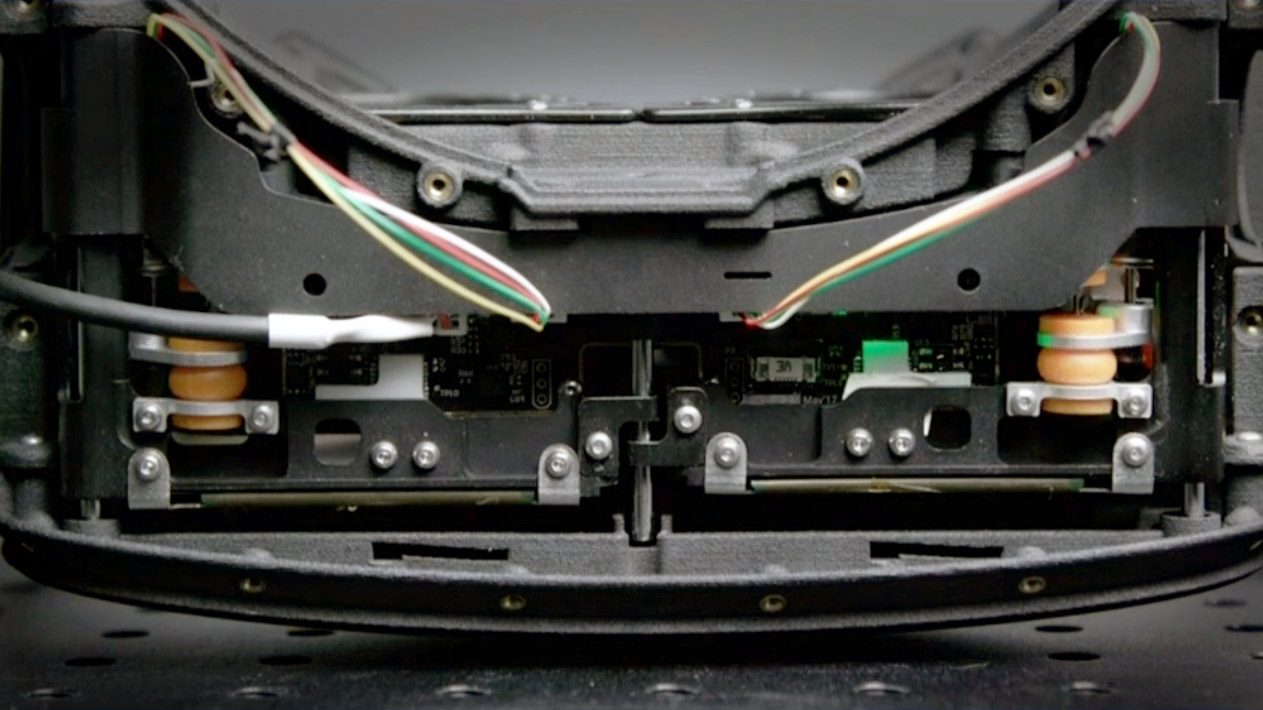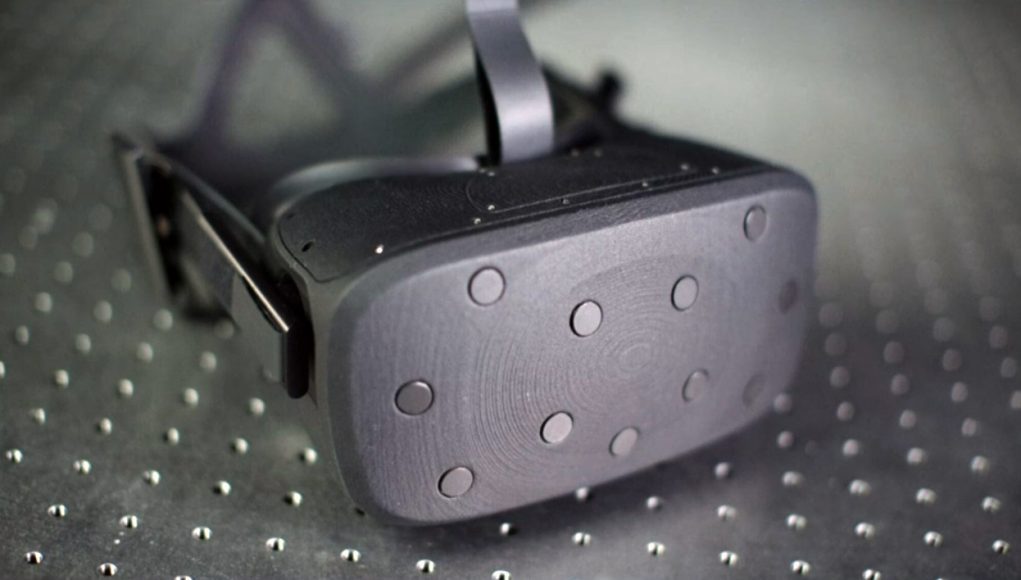Oculus co-founder and Facebook’s head of PC VR Brendan Iribe is leaving the company amidst a TechCrunch report that Facebook cancelled its second iteration of Rift. Now, a new report maintains the company is heading in a different direction with a much less ambitious upgrade to Rift than the recent ‘Half Dome’ prototype would suggest.
Citing sources familiar with the matter, TechCrunch now reports that Rift 2, codenamed ‘Caspar’, was a “complete redesign” of Rift, but has been shelved in favor of a product refresh which includes modest upgrades such as higher resolution and the addition of inside-out tracking, like that seen on the company’s upcoming Oculus Quest standalone 6DOF headset. The name for the device is reportedly “Rift S,” and could release as early as next year.
TechCrunch’s source maintains that Facebook leadership have decided to focus on “more accessible improvements to the core Rift experience that wouldn’t require the latest PC hardware to function,” a clear bid to appeal to a wider audience.
Iribe was reported to have left the company due to his disinterest in pursuing a “race to the bottom” in terms of performance, and was also reportedly unhappy with Facebook’s supposed move to offer “compromised experiences that provided short-term user growth but sacrificed on comfort and performance.”
Half Dome, Facebook’s high field of view (FOV) varifocal prototype headset, fits in a Rift-like size format, and contains a veritable wish list of features including eye-tracking, varifocal display, and a 140 degree FOV.

Its varifocal display is undoubtedly the prototype’s biggest improvement, which better approximates natural depth cues—something Oculus says in a blogpost “work[s] seamlessly with both eye tracking and refined optics to advance the clarity and comfort of VR.” Healthy conjecture: this mention of “sacrificing comfort and performance” could suggest Half Dome was actually a prototype for the second iteration of Rift despite Oculus’ attempt at neutralizing the debate by stating that not all of the technologies seen in the prototype will make it to a product “anytime soon.”
If Facebook moves forward with a hypothetical ‘Rift S’, it will be following in the footsteps of HTC and Samsung, as both manufactures have produced headsets much closer to ‘hardware refreshes’ than true next generation devices—the HTC Vive Pro and the recently released Samsung Odyssey+.







